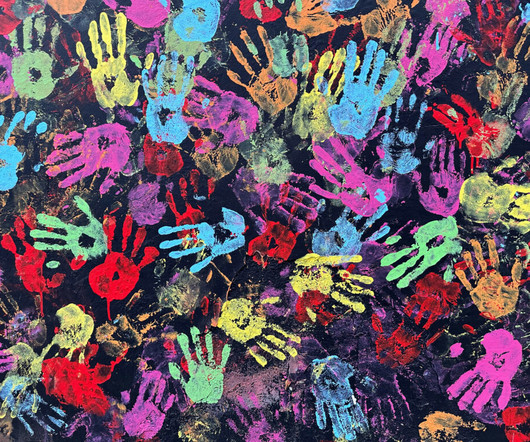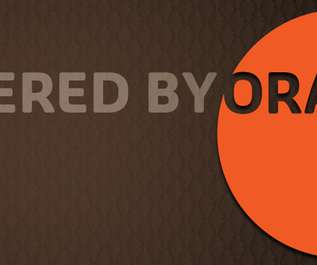Generating AI Alternatives – workshop reflections
Catherine Cronin
JANUARY 16, 2025
The Human Touch by @cogdog (Flickr, CC0) For the past two years, it has often felt that we are living inside an unceasing clamour of claims, assertions, critiques, and questions about generative AI. And what does it mean for individual lives: teachers, students, and especially those whose humanity continues to be the subject of debate?












Let's personalize your content